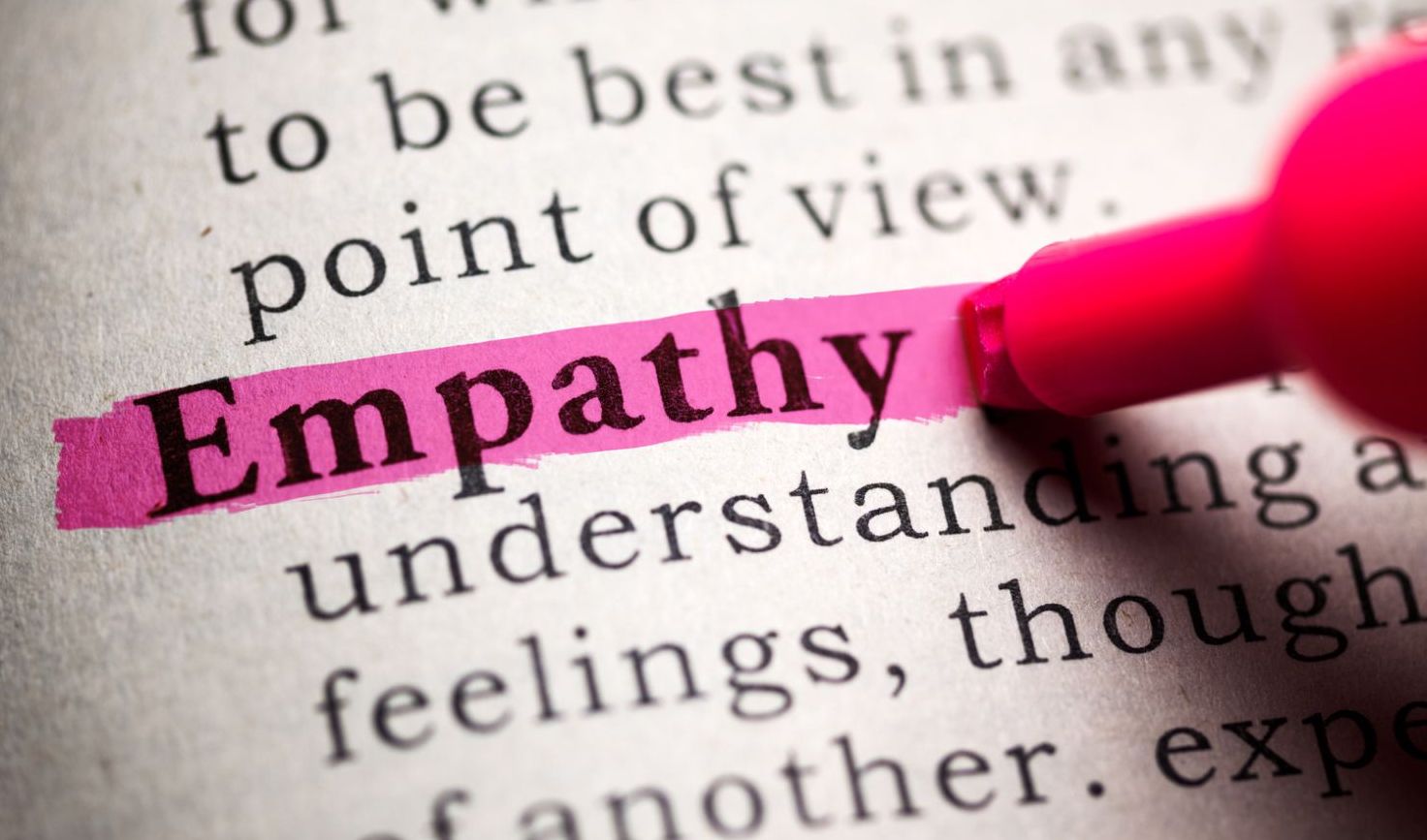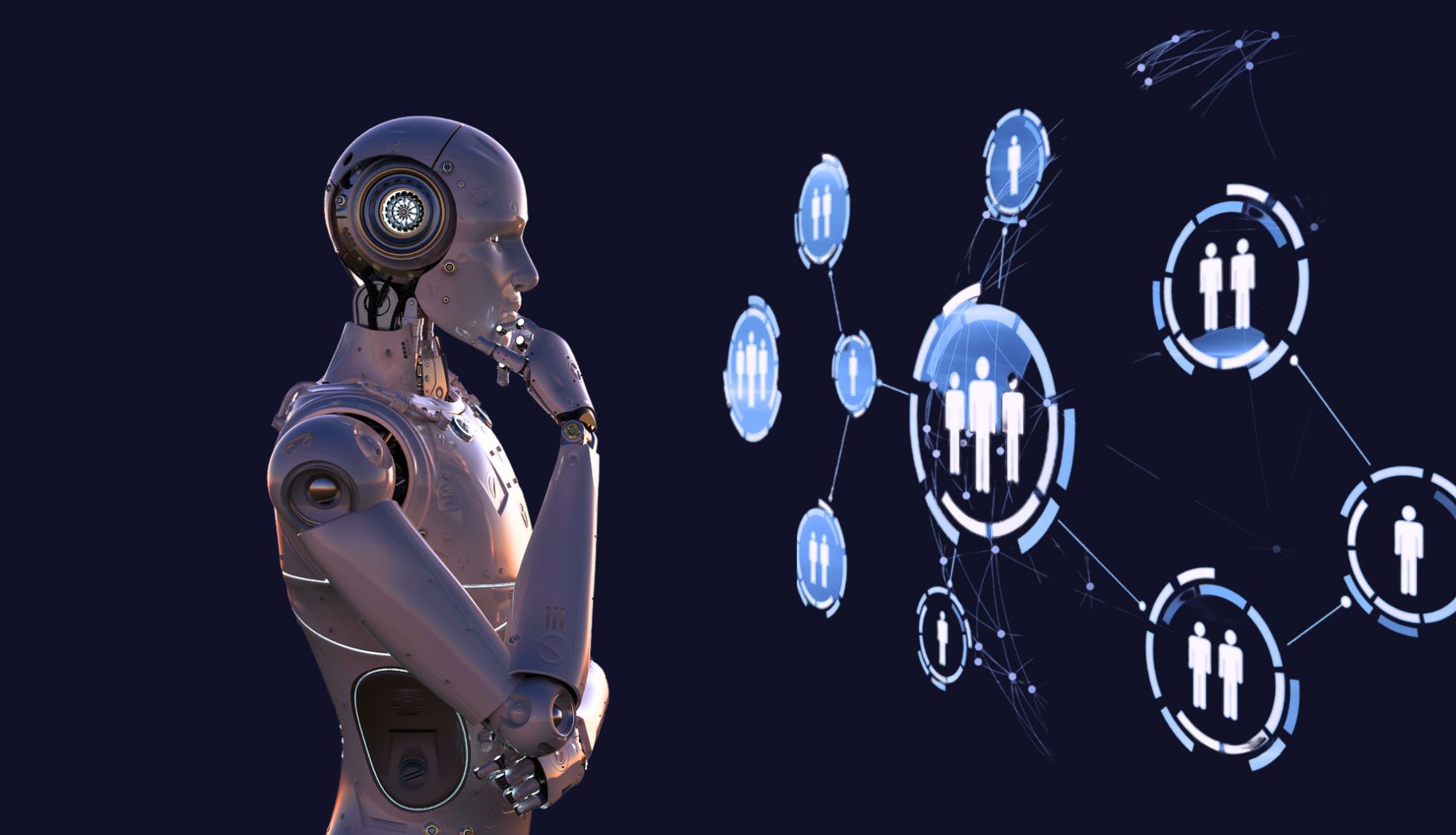The rise of AI in recruiting
The adoption of AI in recruiting is already in full swing and has undoubtedly brought some benefits. One of AI's greatest strengths is its ability to process large amounts of data quickly and recognise patterns. In recruitment, this means that AI is able to analyse thousands of CVs and applications in a very short time and filter out the most suitable candidates. This saves recruiters valuable time and allows them to focus on other tasks.
AI can also help assess the skills and competencies of candidates. Using algorithms and machine learning, AI can assess a candidate's relevant experience and skills and match them to the requirements of a job. This allows potential candidates to be identified more quickly and accurately.
Use cases for AI in the recruiting process:
- Automated screening processes
- Candidate:inside Ranking
- Chatbots and virtual assistants
- Personality and behavioural analysis
- Predictive analytics (analysing historical data and identifying trends)
- Real-time feedback and ratings
The limits of AI in recruiting
Despite its benefits, there are also some challenges that AI faces in recruiting.
- Biased data and bias through AI algorithms
- Lack of contextualisation
- Lack of interpersonal skills
- Data protection and security concerns
- Limited flexibility and adaptability
One of the biggest concerns is bias in candidate selection. AI algorithms are based on existing data and can therefore reinforce existing biases and inequalities in recruitment.

For example, if the algorithms are trained on data that mainly favours male candidates, they could unknowingly disadvantage female candidates. It is therefore crucial that AI system developers ensure that their algorithms are fair and unbiased.
Another problem is human interaction. Recruiting often requires complex communication and the ability to read between the lines. An AI may not be able to offer the same human intuition and empathy as an experienced recruiter. The ability to read between the lines, recognise non-verbal signals and have a feel for the culture of a company are qualities that can still be better fulfilled by a human recruiter. It is not only about assessing the technical skills of a candidate, but also about the fit with the company culture and the soft skills that are crucial for successful teamwork.
Human versus machine: Are recruiters replaceable?
It is unlikely that AI will completely replace the human recruiter:in. Rather, the future of recruiting will be a combination of AI-powered tools and human expertise.
This makes "the human recruiter" unique:
- Contextual understanding
- Emotional intelligence
- Flexibility and adaptability
- Relationship building and personal connections
- Ethics and responsibility
In addition, a recruiter can also act as a brand ambassador for the company. They can make the application process a positive experience for candidates and improve the company's image. This is especially important in the field where competition for talented professionals is high. A personal and human approach can help potential candidates get excited about the company and build a long-term relationship.
Side Fact: AI is not only used in recruiting. The financial sector is also affected -> Learn more
Our conclusion: AI meets Human - an unbeatable team
Overall, the future of recruiting will be a dynamic mix of AI and human expertise. The advantages of AI in terms of efficiency and accuracy can be combined with the emotional intelligence of humans. By meaningfully integrating the use of AI while nurturing the human factor, companies can successfully recruit talented professionals and secure a competitive advantage. The most important thing here is to observe the market, train the team in good time and be open to innovations.

